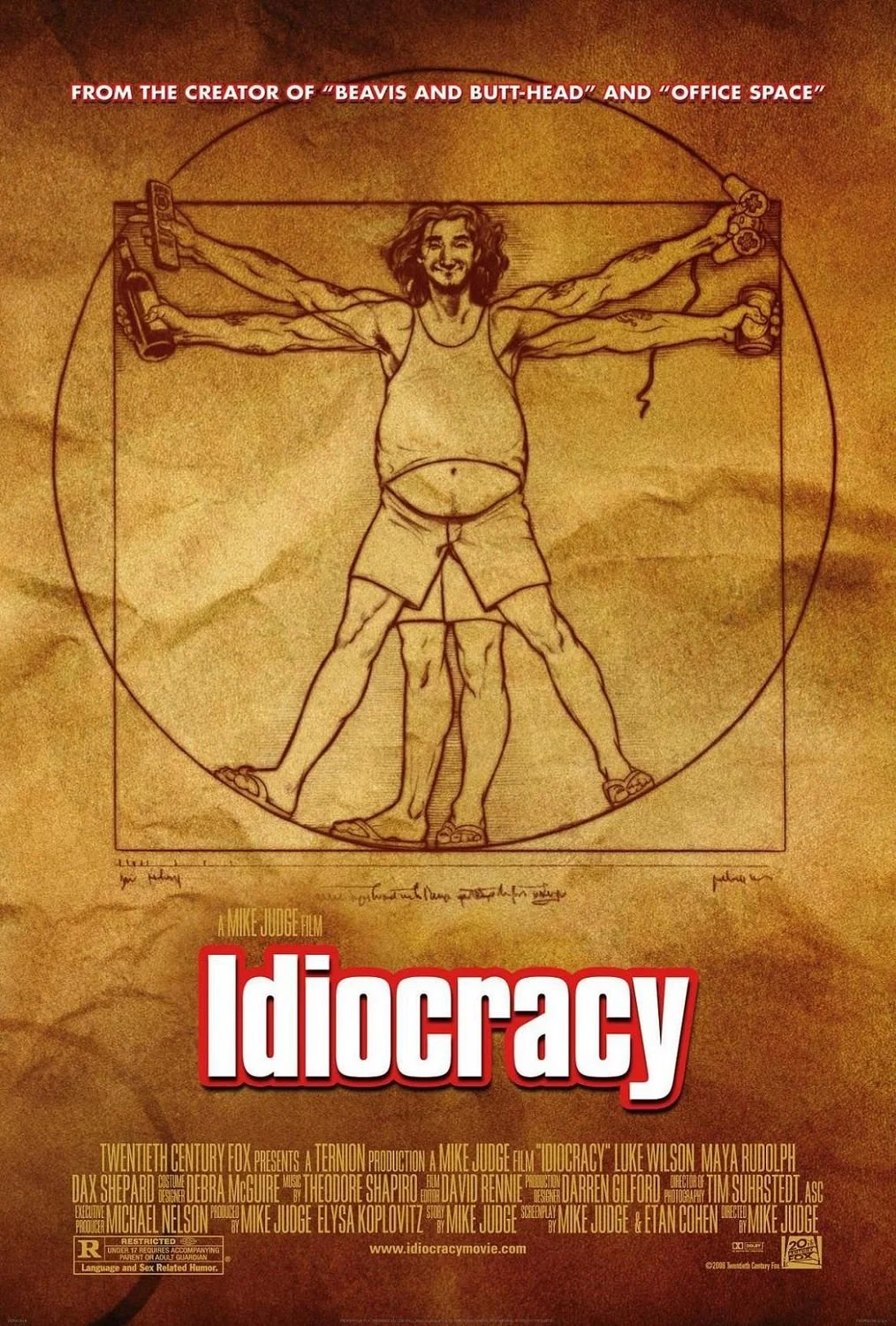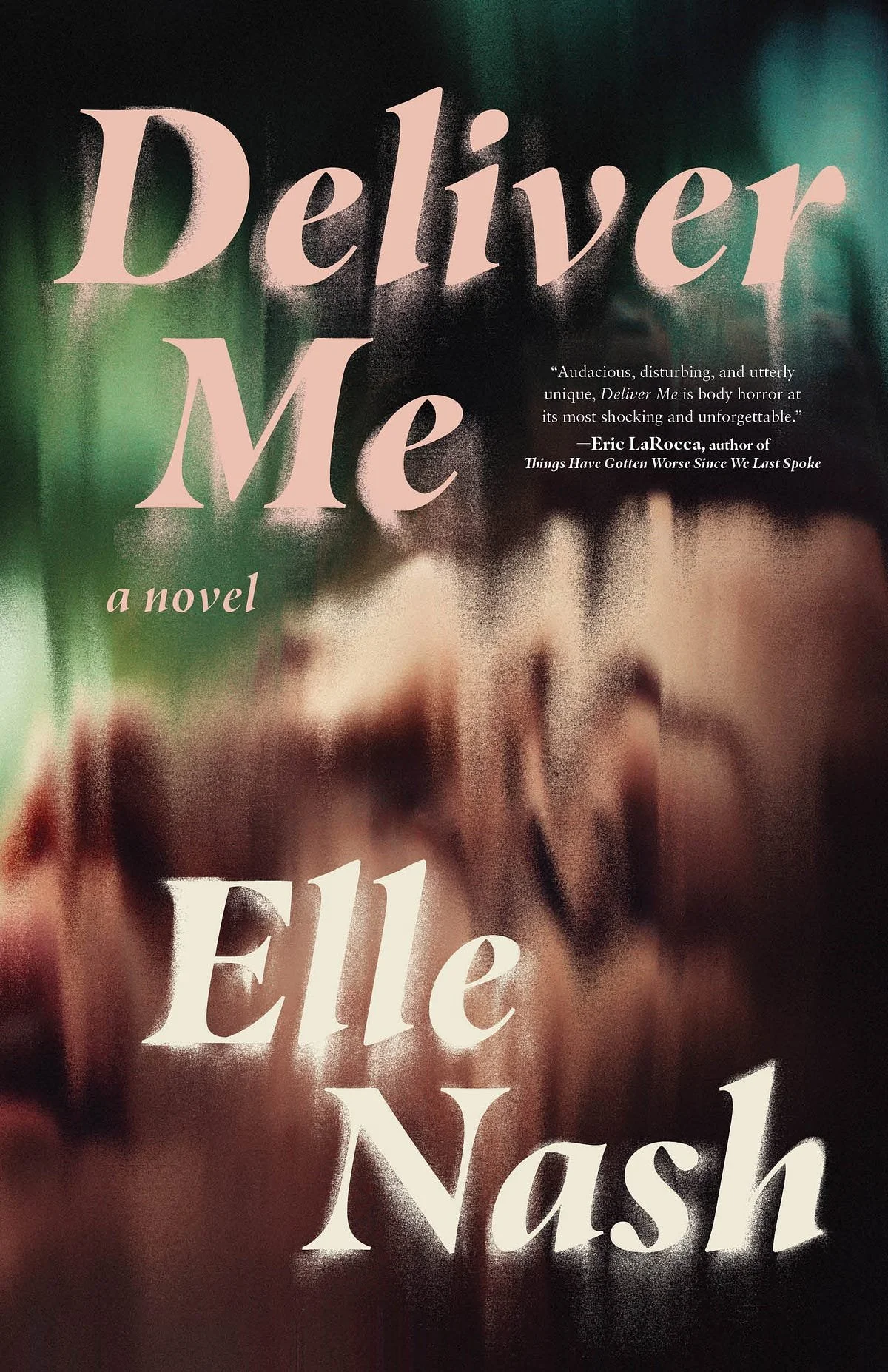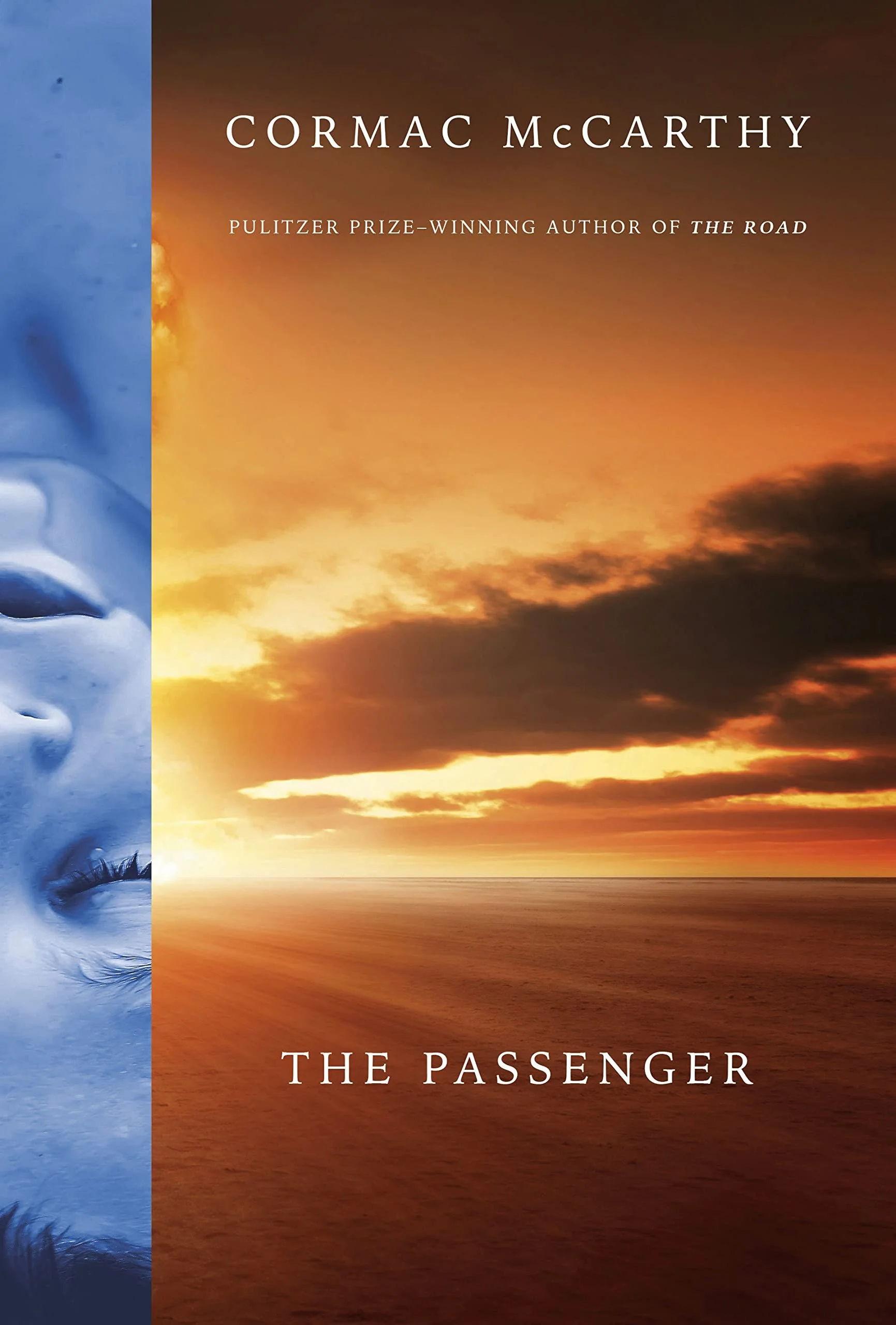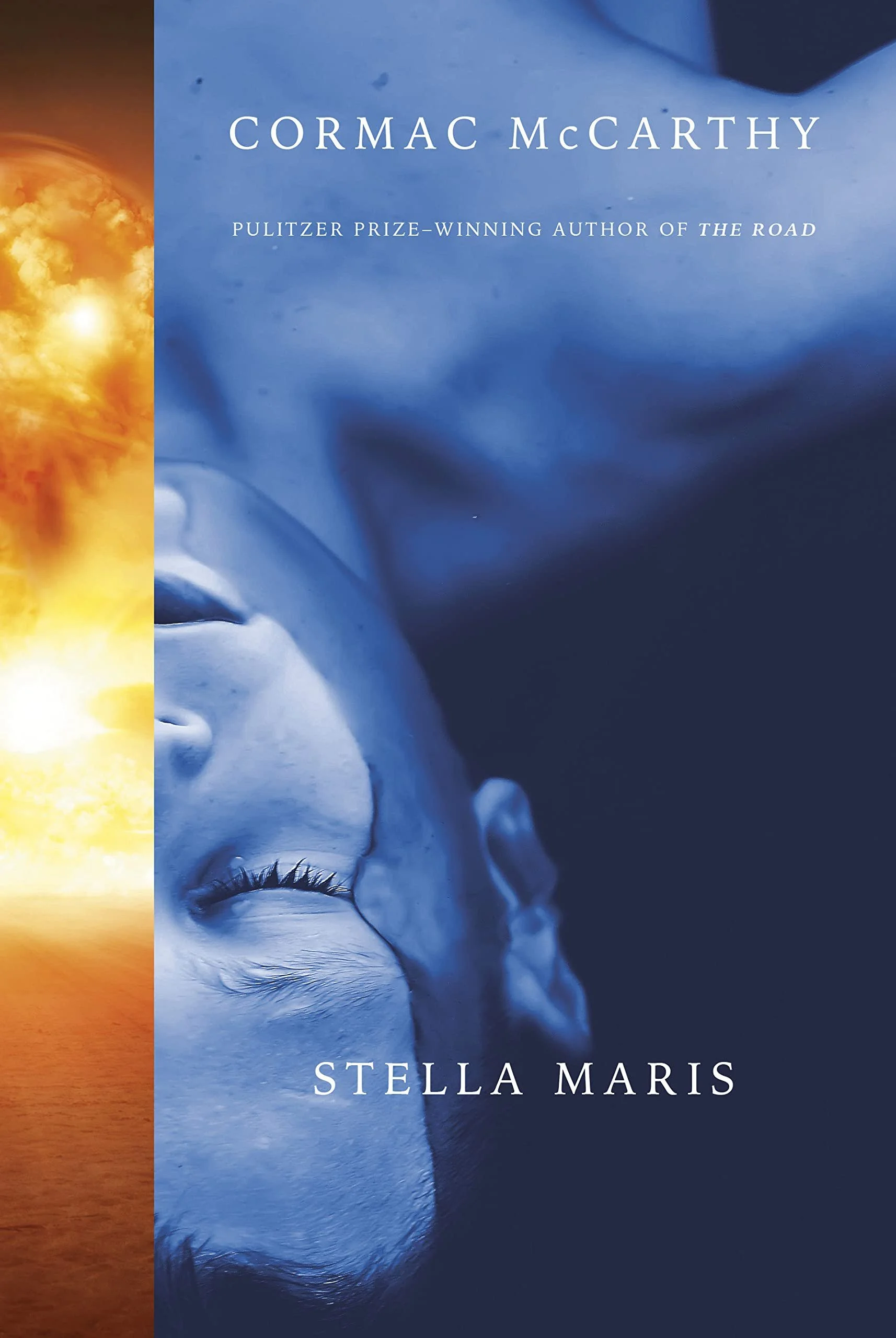Book Review : Cormac McCarthy - The Orchard Keeper (1965)
Cormac McCarthy passed away earlier this year. He was a beloved wayward writer who pioneered a literary fiction that, in his own words, "cared only for matters of life and death". McCarthy is primarily remembered for his novels Blood Meridian, The Road and the famously adapted No Country for Old Men, but these all happened in the peak or twilight of his career. The odyssey that would turn Cormac McCarthy into a contemporary literary god started with a little remembered novel titled The Orchard Keeper.
I’m here to tell you this novel is good. Perhaps not as good as his most beloved work, but it certainly foreshadowed it.
The Orchard Keeper tells the story of a mid-century bootlegger named Marion Sylder (it was still mid-century when the novel was written), who kills a man named Kenneth Rattner and dumps his body on the side of the road. Sylder left the body on the property of an old man named Arthur Ownby, who’s property he also hides to smuggle whiskey. He then meets Rattner’s son John Wesley, although Sylder ignores he is the son of the man who he killed and John Wesley ignores Sylder killed his father and the two begin somewhat of a father-son relationship.
Can’t go home again
Not gonna lie: this is a novel for Cormac McCarthy completists. He’s not an author you can “begin at the beginning” with, because this is going to leave you in the dust. There are some infamous McCarthy quirks in there that people didn’t tell him to cut back on yet. Notably hiding dialogue in paragraphs of exposition and changing words into different words to highlight the Tennessee accent. Just becomes Jest. Sure becomes Shore. It gets confusing if you’re not already used to it.
But the principles of the prototypical Cormac McCarthy novel are there: an Eden on Earth, an original sin, a lot of fathers and father figures, old time religion, etc. In The Orchard Keeper’s case, the murder of Kenneth Rattner turns the community of Red Branch, a haven for Earthly freedoms, into a paranoid hellhole overrun by the law of men with all its hurtful imperfections. It is very much the story of an Earthly original sin, committed not by Adam, but by the men (plural) who were supposed to look out for him.
There you have what made McCarthy such an interesting and unique writer right there. His debut novel told the tale of a failure of the divine order of things. John Wesley Rattner, the unlikely Adam of The Orchard Keeper, is young and naive and tries to do the right thing only to get betrayed by the greed and insecurity of either his father or his father figure, therefore ruining for him the sanctity of childhood and a place that was almost like a private paradise to him.
Come to think of it, it might’ve been the first Satanic novel in the utmost LaVey sense of the term.
Cormac McCarthy and Fatherhood
Another aspect of McCarthy’s fiction that isn’t discussed enough that is crucial to The Orchard Keeper is his relationship to fatherhood. John Wesley Rattner has a lot of fathers and father figures to deal with in the novel: his real (dead) dad Kenneth, Marion Sylder and Arthur Ownby, all committing sins of pride in order to get his attention and admiration. McCarthy portrays fatherhood like this holy, but dirty business men tend to mess up really bad and therefore furthering the curse of messed up men.
Of course, you have to think of it in Christian terms in order to understand McCarthy completely. The word of the father is the word of God in psychological terms. The ordeal of John Wesley Rattner is the ordeal of men in regards to their beliefs. They are bound to fail and to fall from grace because they have been failed to begin with. No one encapsulated the abusive relationship that is Christianity the way Cormac McCarthy did before him or since and he does all that through heavy symbolism and shithousery. Gotta respect that.
*
The Orchard Keeper is a difficult novel, but it’s a rewarding one. It doesn’t feel rewarding right when you’re finished, but it remains with you after you’ve read it and progresses through your bloodstream like a pleasant and colorful infection or the best LSD trip you’ve ever had. It’s somewhat Alice in Wonderland-ish compared to its more stark and unflinching successors, but it announced one of the most singular and bewildering talents of the twentieth century.






